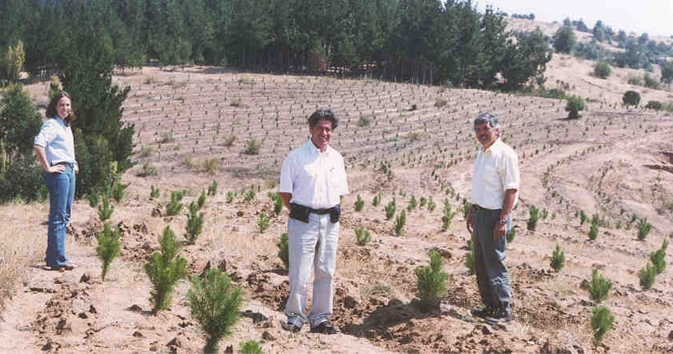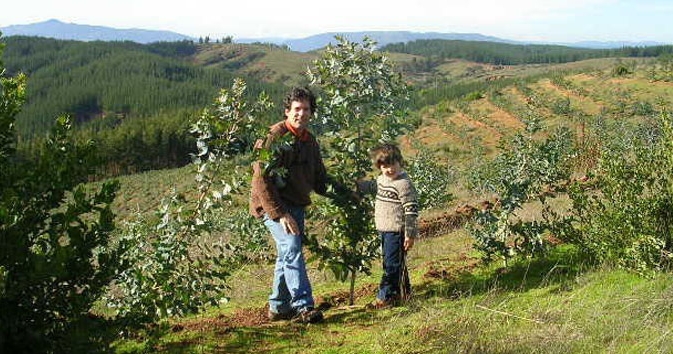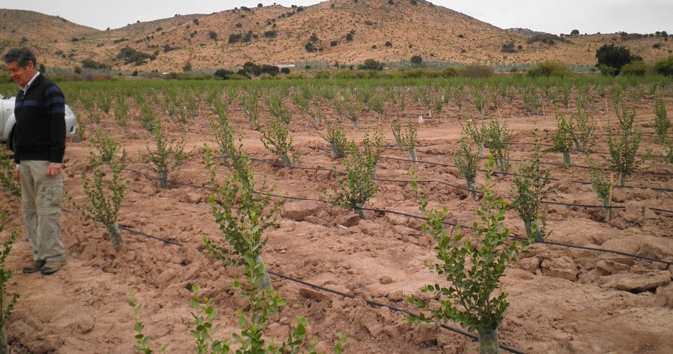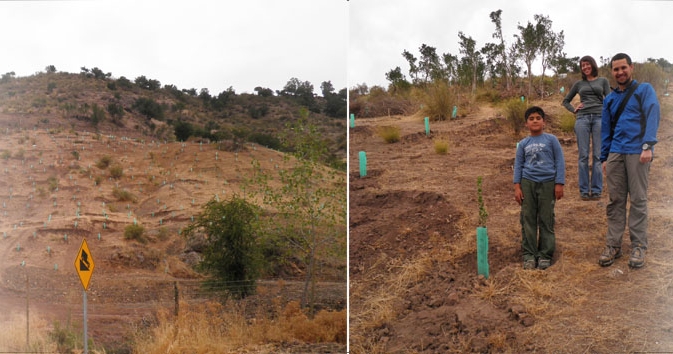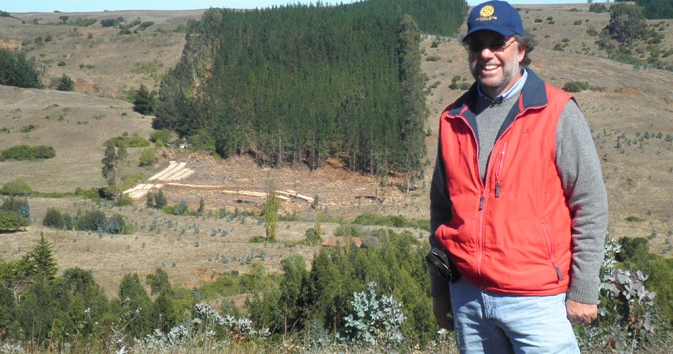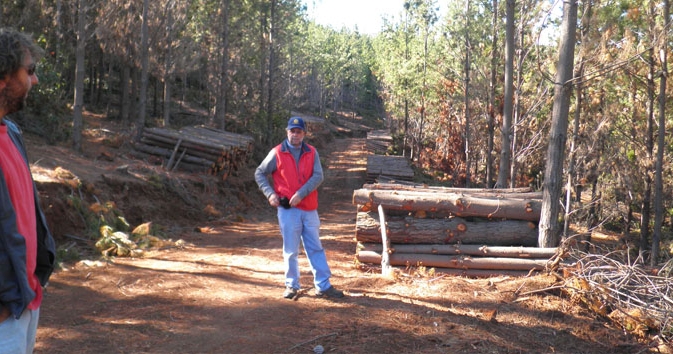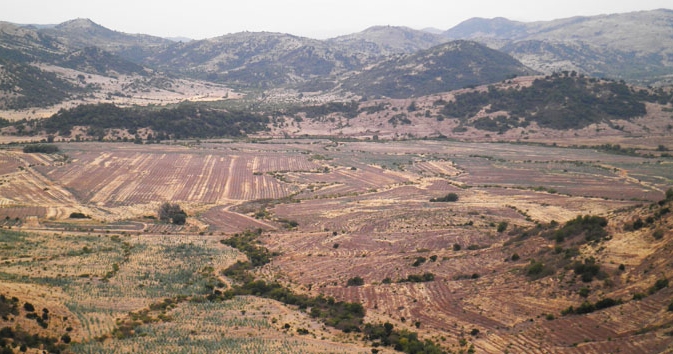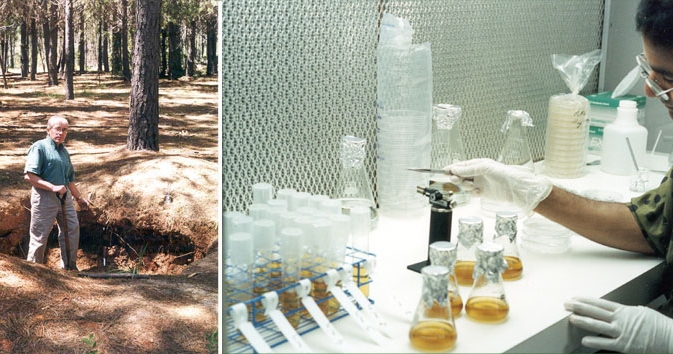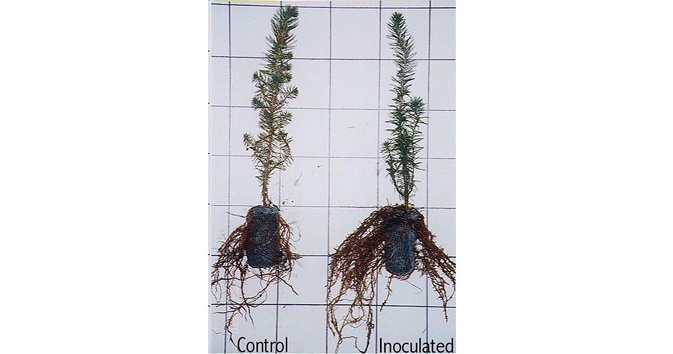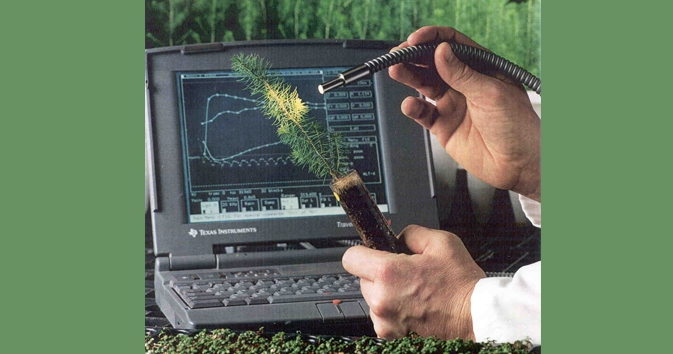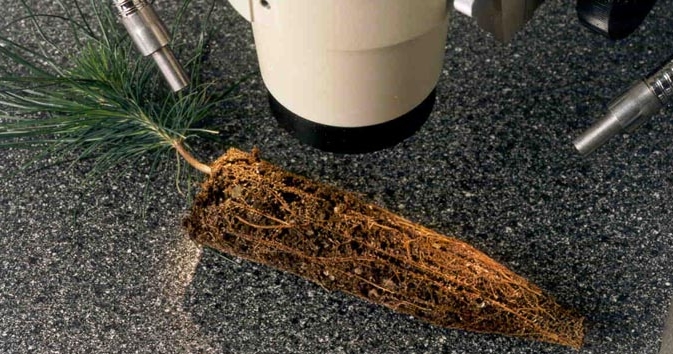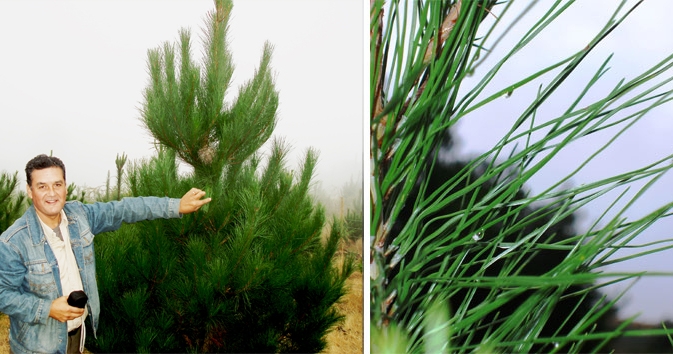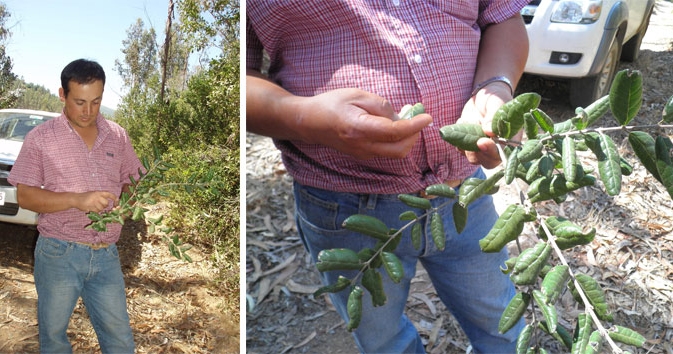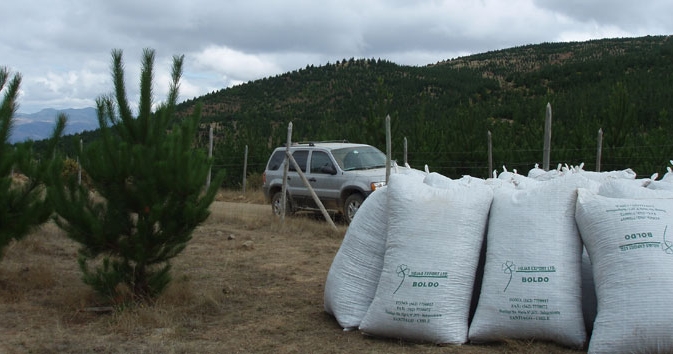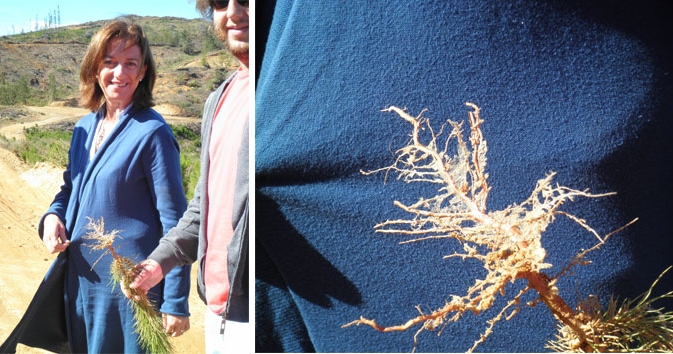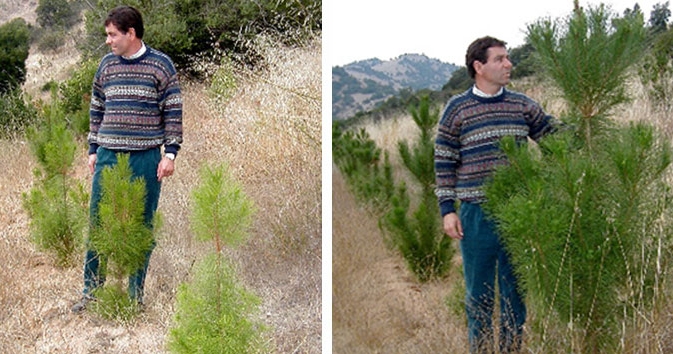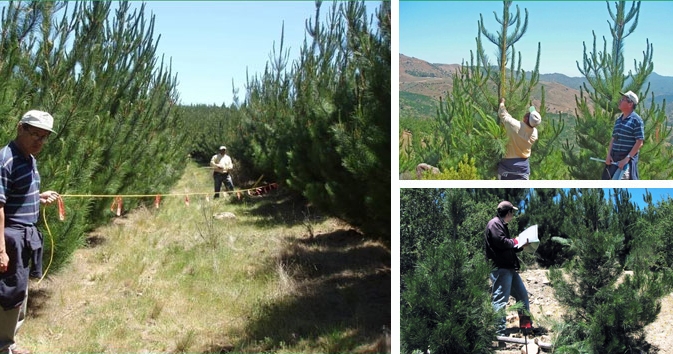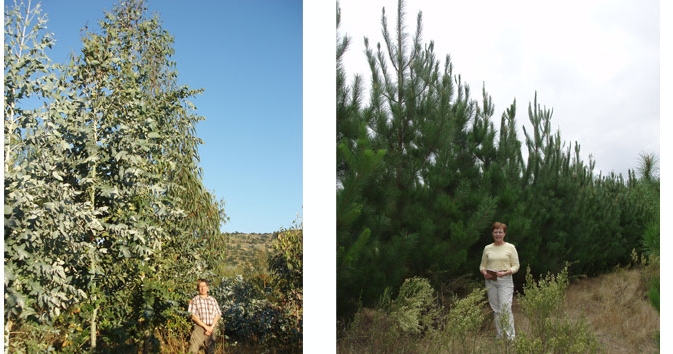Carbon Credit Inventory
Pioneering the field of forestry carbon sequestration, Mikro-Tek registered their projects with both the United Nations’ Clean Development MechanismA market mechanism defined in Article 12 of the Kyoto Protocol as a project between a developed country and a developing country that provides the developing country with the financing and technology for sustainable development and assists the developed country in achieving compliance under the regulatory system in which they normally operate. The project can occur in any country that is a member of the CDM Annex 2.
Click here to view the full glossary, and the Verified Carbon Standard (VCS), established a solid track record and developed precedent documents.
Much of the demand that is driving the carbon marketsThe carbon market is one of the most rapidly growing financial markets in the world today, and broadly speaking, is divided into "compliance" markets and "voluntary" markets. Mikro-Tek has an inventory of carbon offsets registered under both.
Click here to view the full glossary comes from environmentally aware individuals and corporations wishing to offset their greenhouse gas emissions with or without complianceare created by governments whose industrial firms are subject to carbon constraints. These markets are regulated by mandatory regional, national, and international carbon reduction regimes. The Kyoto compliance market is one example, now active only in the European Union, trading under the EU's Emissions Trading Scheme. In a Cap-and-Trade emissions reductions market, actors buy and sell carbon offsets to comply with the cap or limit imposed on their emissions.
Click here to view the full glossary regulations. The reduction of their carbon footprint, or becoming carbon neutral, is becoming a mainstream policy to bolster corporate social responsibilityA CSR policy functions as a built-in, self-regulating mechanism whereby a business monitors and ensures its compliance with the spirit of the law, ethical standards, and international norms. The goal of CSR is to embrace responsibility for the company's actions and, through its activities, encourage a positive impact on the environment, consumers, employees, communities, stakeholders and all members of the public.
Click here to view the full glossary credentials and assist with biodiversity protection initiatives that are underway in both the domestic and the international marketplace.
As a project developer, Mikro-Tek will work with end users to establish projects in geographic regions most likely to compliment their core business strategies.
Mikro-Tek’s Current Inventory of Carbon Credits includes:
- 1.4 million carbon offset creditsOffsets are the mechanism by which the impact of emitting a tonne of CO2 can be negated or diminished by avoiding the release of a tonne elsewhere, or by absorbing a tonne of CO2 from the air (domestically or internationally) that otherwise would have remained in the atmosphere.
Click here to view the full glossary generated from projects in Chile: Faster growing tree species with a year-round growing season mature in 10 to 25 years. Net carbon sequestrationReduction of net emissions of carbon dioxide (CO2) can be accomplished in two ways: either by reducing the rate at which CO2 is added to the atmosphere (e.g. those produced from burning fossil fuels or from clearing and burning forests), or by increasing sequestration the rate at which CO2 is removed from the atmosphere (e.g. by storing additional carbon in forests, soils and other carbon sinks). The latter can be accomplished through land management activities including re-vegetation, reforestation and afforestation as well as forest, cropland and grazing land management. Through photosynthesis plants remove carbon dioxide from the air, give off oxygen, and store the carbon as biomass. About one half of the dry weight of plant biomass is carbon, and one tonne of carbon in biomass represents 3.67 tonnes of atmospheric carbon dioxide.
Click here to view the full glossary in afforestationAfforestation is the conversion of land that has not been forested for a period of at least 50 years, to forested land, through planting, seeding and/or the human-induced promotion of natural seed sources. Mikro-Tek has afforested approximately 7,500 hectares in Chile with faster growing tree species (pine and eucalyptus) that mature in 10 to 25 years, as well as Quillaja saponaria which mature in 80-100 years. Agroforestry is a term used to describe land-use systems and practices where woody perennials are deliberately integrated with crops and/or animals on the same land in order to provide ecological and/or economic interaction benefits. Mikro-Tek's projects have included work with shade grown coffee plantations, bee-keeping with Quillay species in Chile, micro-propagation with bananas, strawberries, stone fruits, as well as inter-planting of nitrogen-fixing species to provide natural fertilizer to targeted plants.
Click here to view the full glossary projects can range from 180 to 280 tCO2e per hectare depending on species and site conditions.

